Understanding Cooler Panels: The Key to Energy Efficiency in Modern Refrigeration Systems
In the world of modern refrigeration systems, cooler panels play a pivotal role in enhancing energy efficiency, which is becoming increasingly crucial as energy costs rise and sustainability goals gain prominence. According to the International Institute of Refrigeration, refrigeration accounts for approximately 15% of global electricity consumption, underscoring the need for innovative solutions like efficient cooler panels. These panels not only improve thermal insulation but also significantly reduce energy loss, contributing to lower operational costs and a reduced carbon footprint.
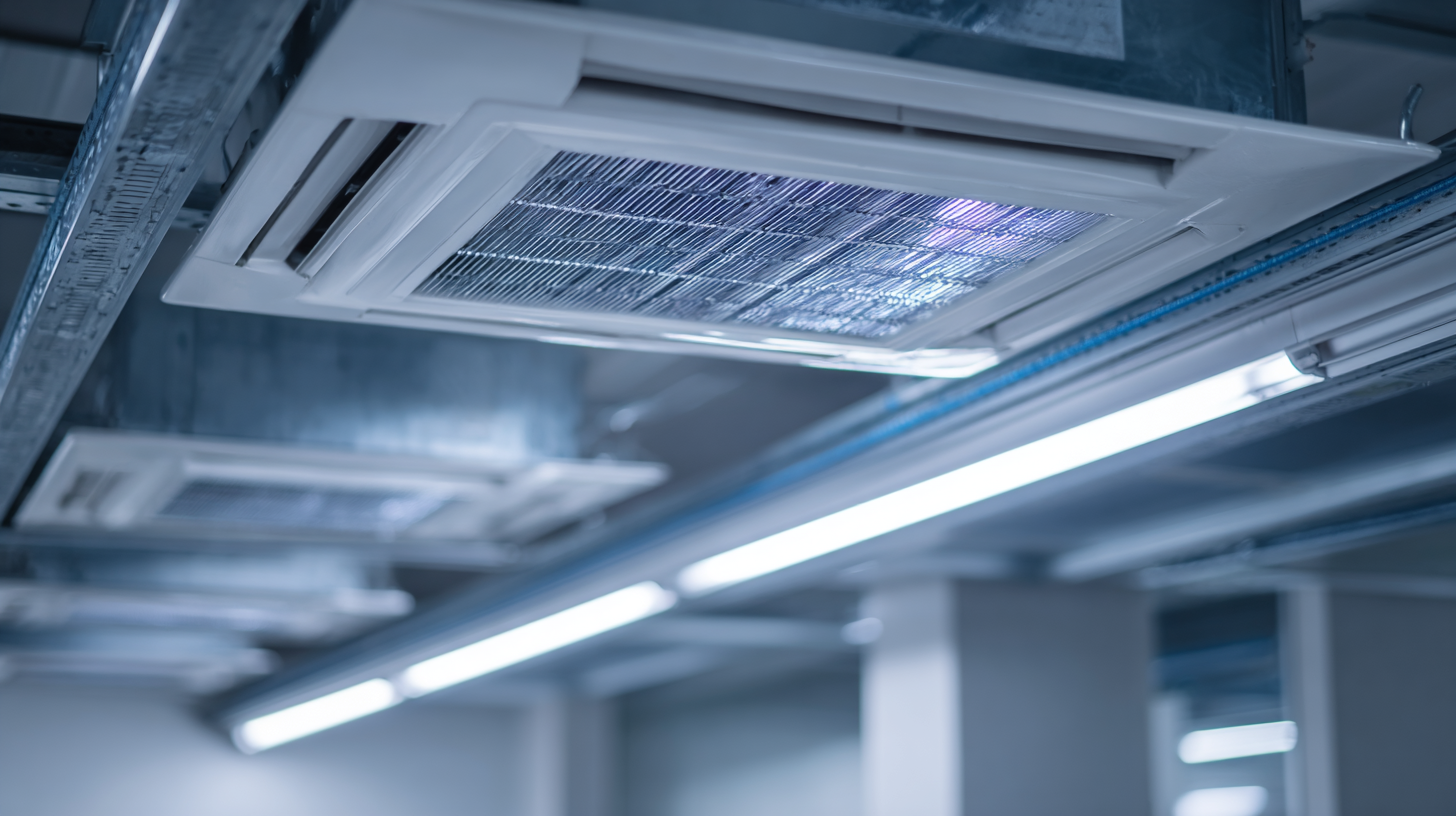
A recent report from the U.S. Department of Energy indicates that advanced cooler panel technologies can lead to energy savings of up to 30% compared to traditional systems. As industries strive to minimize their environmental impact while maintaining optimal performance, the effective implementation of cooler panels emerges as a key strategy in the quest for energy-efficient refrigeration solutions.
Types of Cooler Panels: Material Choices and Their Impact on Efficiency
Cooler panels play a crucial role in the efficiency of modern refrigeration systems, with their material choices significantly influencing performance and energy consumption. Common materials used for cooler panels include polyurethane foam, polystyrene, and fiberglass. Polyurethane foam is highly regarded for its superior insulation properties, which minimize thermal transfer, reducing the energy required to maintain desired temperatures. Meanwhile, polystyrene panels offer a cost-effective solution with decent insulation capabilities, making them suitable for a variety of commercial applications.
In addition to insulation, the choice of surface material also affects energy efficiency. Aluminum and stainless steel are frequently used for their durability and ease of cleaning, but they have different thermal conductivities. Aluminum, being more conductive, may result in higher energy loss compared to stainless steel. The application of reflective coatings can also enhance energy efficiency by redirecting heat away from the cooler units. Selecting the right combination of materials for cooler panels not only optimizes energy efficiency but also enhances the overall lifespan and performance of refrigeration systems, making it vital for manufacturers and operators to consider these factors in their equipment design.
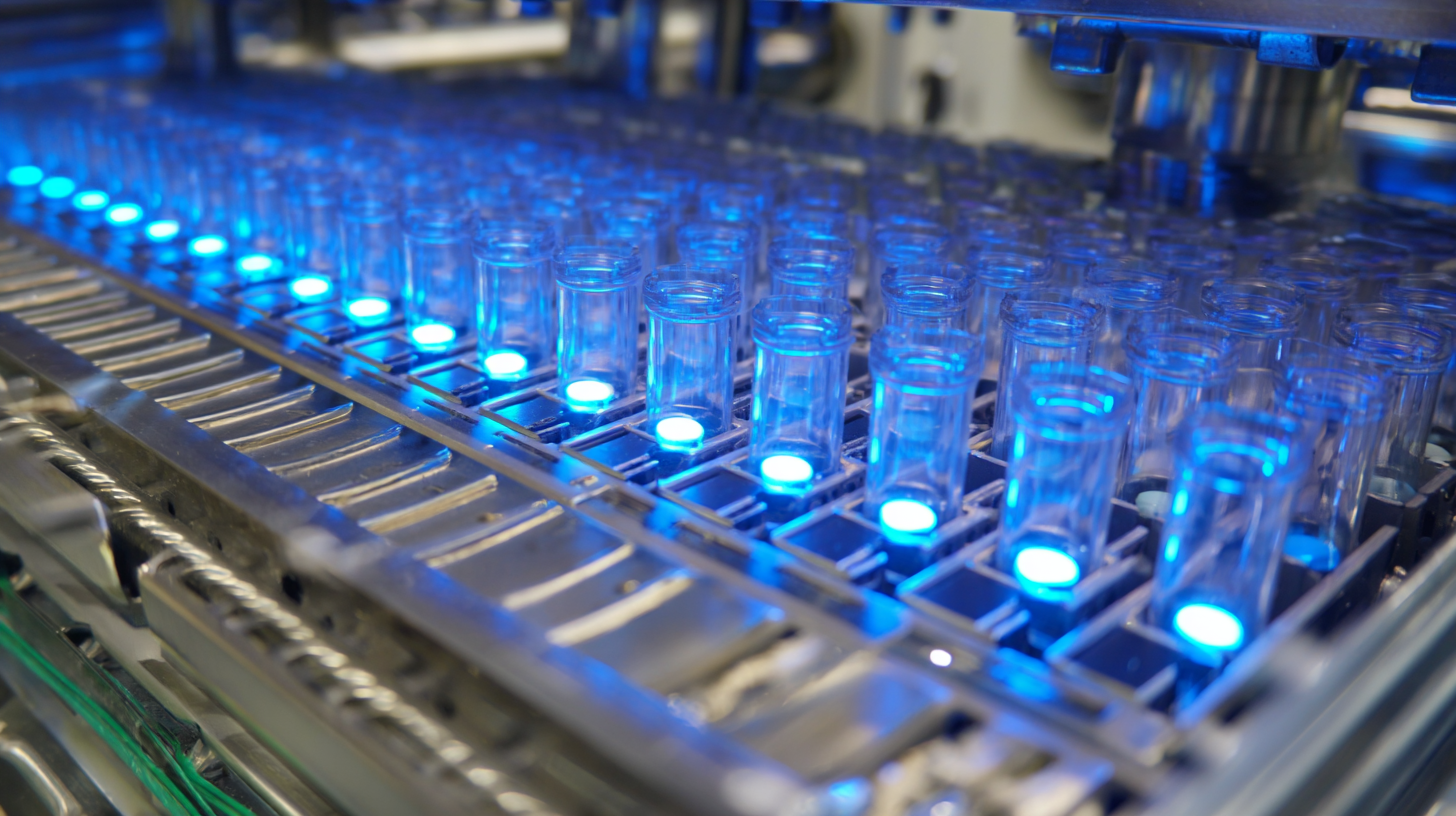
How Cooler Panel Thickness Influences Energy Consumption in Refrigeration
Thicker cooler panels play a crucial role in enhancing the energy efficiency of modern refrigeration systems.
The insulation properties of these panels directly affect the amount of energy required to maintain optimal temperatures.
Thicker panels provide better thermal resistance, minimizing heat transfer between the exterior environment and the interior space.
As a result, refrigeration units that utilize these panels can operate more efficiently, reducing energy consumption and lowering operational costs.
Tip: When selecting refrigeration systems, consider the insulation thickness of cooler panels.
Investing in panels with enhanced thickness can lead to significant long-term savings on energy bills.
In addition to thickness, the material composition of cooler panels also influences energy consumption.
High-quality materials can improve insulation performance, further reducing the need for extensive refrigeration efforts.
Moreover, the design and application of these panels can optimize airflow, ensuring that refrigeration units function effectively without overworking their compressors.
Tip: Regular maintenance of cooler panels is essential.
Ensure that seals are intact and that there are no gaps that could compromise the insulation.
This not only improves efficiency but extends the lifespan of refrigerated systems as well.
Innovative Technologies in Cooler Panel Design for Enhanced Performance
Innovative technologies in cooler panel design have revolutionized the landscape of modern refrigeration systems, enhancing their energy efficiency and overall performance. With advancements such as vacuum insulation panels and advanced composite materials, cooler panels now provide superior thermal resistance. This development minimizes energy losses, allowing refrigeration systems to operate at optimal levels while consuming less power. The integration of smart technology, including sensors and automated control systems, further optimizes their performance by adjusting cooling based on real-time environmental conditions.

Furthermore, the customization of cooler panels for specific applications plays a crucial role in their effectiveness. Manufacturers are increasingly employing computer-aided design (CAD) tools and simulation techniques to tailor panels that meet diverse industry needs, from food storage to pharmaceuticals. Enhanced surface coatings and finishes not only improve durability but also facilitate better hygiene, addressing both energy efficiency and food safety. As the demand for sustainable refrigeration continues to grow, these innovative technologies in cooler panel design are pivotal in achieving energy efficiency, reducing operational costs, and minimizing environmental impact.
Maintenance Best Practices for Optimizing Cooler Panel Lifespan
Maintaining cooler panels is essential for maximizing energy efficiency in refrigeration systems. Regular inspections should be conducted to identify any physical damages, such as dents or cracks, which can compromise insulation integrity. It is important to clean the panels periodically to prevent dirt accumulation, as contaminants can lead to heat transfer inefficiencies. Ensuring that the seals around the panels are intact is also crucial; damaged seals can result in air leakage and increased energy consumption.
In addition to routine checks, proper installation plays a significant role in the lifespan of cooler panels. Panels should be installed according to manufacturer specifications, ensuring that they fit snugly and securely. Utilizing thermal insulation materials can further enhance energy efficiency. Lastly, training staff on best practices for operating refrigeration systems can reduce the likelihood of damage from improper use or neglect. By implementing these maintenance strategies, businesses can optimize the performance and longevity of their cooler panels, thereby reducing operational costs and environmental impact.
Cost-Benefit Analysis: Investing in Quality Cooler Panels for Energy Savings
Investing in quality cooler panels can significantly enhance energy efficiency in modern refrigeration systems. According to the U.S. Department of Energy, up to 30% of a facility's energy consumption can be attributed to refrigeration, making it imperative for businesses to prioritize energy-saving solutions. A cost-benefit analysis demonstrates that upgrading to high-performance cooler panels can lead to a reduction in energy costs by as much as 20%, with a typical payback period of just 3-5 years.
Moreover, studies from the Refrigeration Research Council indicate that improved insulation properties of advanced cooler panels can minimize heat exchange, thus reducing the load on refrigeration equipment. This consequently prolongs the lifespan of compressors and lowers maintenance costs. By analyzing the long-term savings in operational costs against initial investments, businesses often find that the transition to premium cooler panels not only enhances energy efficiency but also positively impacts their bottom line.
Related Posts
-
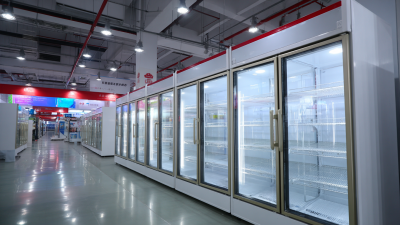
Future of Freezer Panels Industry Highlighted at the 138th China Import and Export Fair in 2025
-
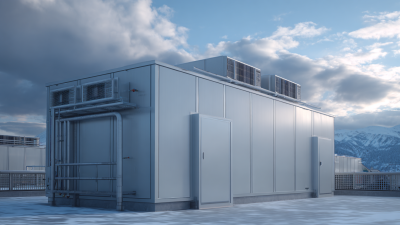
What are Freezer Panels and How Do They Revolutionize Temperature Control
-
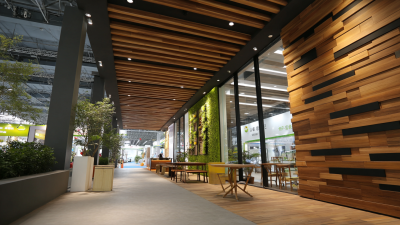
Innovative Composite Wall Cladding Solutions at the 2025 China Import and Export Fair
-

Exploring Composite Windows Market Trends at the 138th Canton Fair 2025 with Key Industry Insights
-

7 Essential Tips for Choosing Building Materials That Meet Industry Standards
-
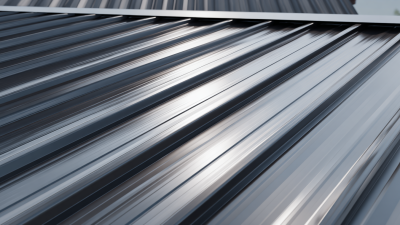
10 Essential Facts About Cladding Sheet You Need to Know